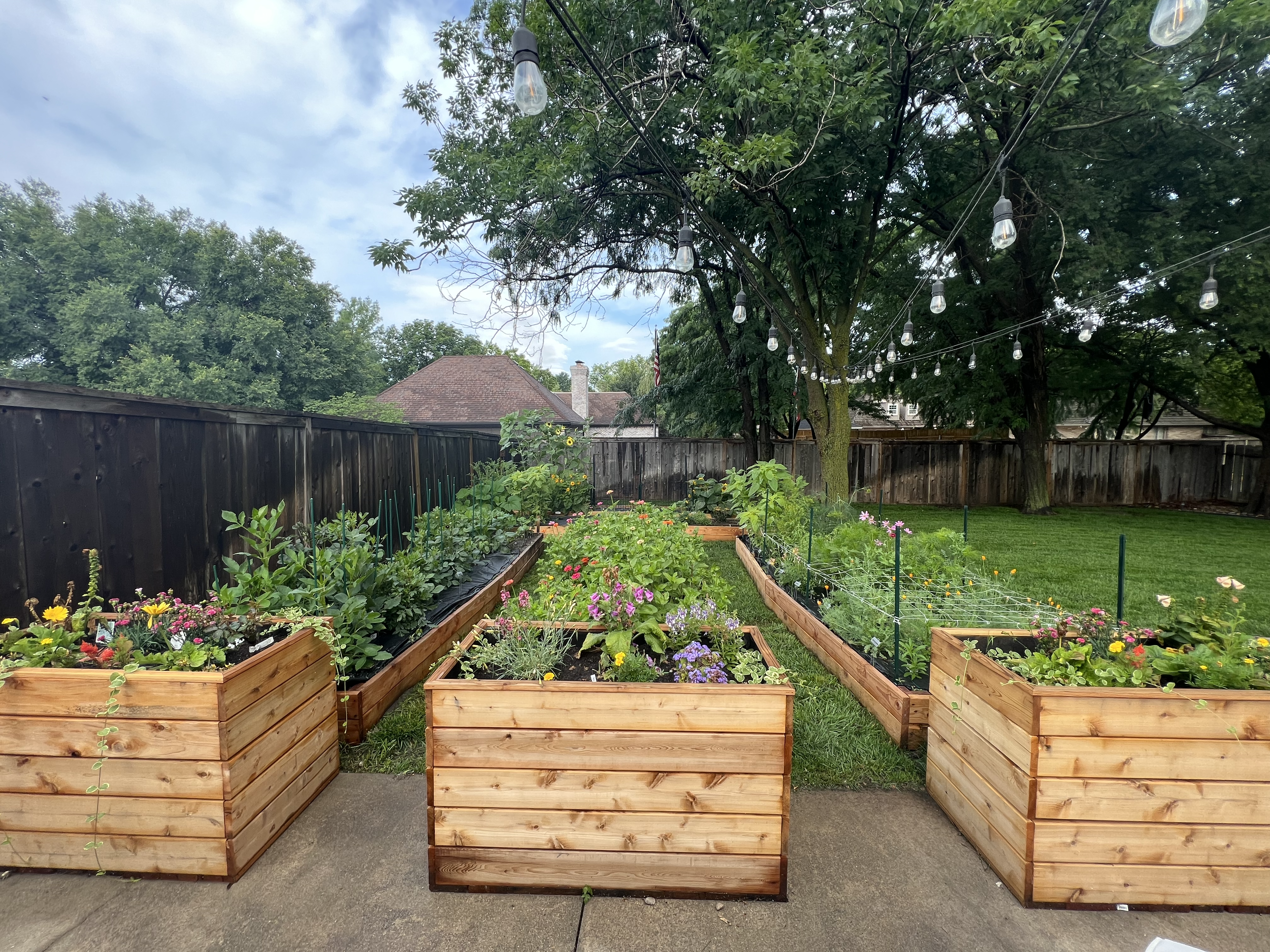Download my Free Closet Purge Guide!
Hi, I'm Sam! Lover of travel, lifestyle, fashion and exploring the ebbs and flows of life.
I'm Sam
Welcome to the Blog
If you’ve graduated high school, you’re painfully aware that from that day forward, your life is never the same.
One day you’re waking up at 7:20am and rolling out of the house with a hoodie and some leggings on, just to sit around all day chit chatting with your besties and texting during class. The next, you’re setting 20 alarms just to make sure you’re up in time to feed the dog, take out the trash, shower, do your hair and makeup, eat a protein bar in the car, and still show up to work 5 minutes late with a RedBull in your hand.
GRADUATION DAY
DAY 1 OF COLLEGE

High school is where you learn the basics. You begin learning how to play the game of “life”–how friendships equal opportunities (networking), how what you do on the internet or behind closed doors never disappears (integrity), how time management is essential to success (responsibility). Those four years mold your basic understanding of adulthood.
College, however, is much deeper. While both involve self-discovery, college will present challenges your high-school self never saw coming. The old ways you’d set yourself into have to be thrown out the window–they don’t work here! Don’t get me wrong, people skate by with bad study habits and poor time management skills, but ultimately, it’s much easier to just get your shit done.
Now, not everyone is meant to go to college. The fact that schools and parents everywhere (it seems) demand we all attend further education is fundamentally flawed, in my opinion. Picture this: if everyone goes to college and gets high paying, intellectually challenging jobs…then who picks up the trash? Who serves everyone a beer after we leave those “great” jobs? Who builds our fancy houses? The point is, we’re all different, and for good reason. A functional society demands a wide variety of career paths–and that begins with determining if college education is right for you.
Don’t get me wrong, I am a firm believer in ambition and encouraging students to do their best at whatever it is they chose to do. I just think sometimes the bigger picture gets lost in translation.
For the longest time, I had myself convinced that college was NOT the place for me. From day one of my college career, I felt like I didn’t belong. I didn’t want to ride a longboard around campus or mingle at Freshman BINGO. I didn’t see the value in what my peers enjoyed. I just wanted to live, to see the world, to try new things, and to make adult money for goodness sakes!
Ever heard of a “First Generation Student”? That’s me. Not all of us are lucky enough to have parents or siblings familiar with college to use as resources during this transition. Neither of my parents have a degree, nevertheless, they’ve made an amazing life for themselves. As a first-hand witness to their success, I really struggled to find the value in a college education.
With all this internal conflict, I found myself making poor decisions, not attending class, hanging out with people who didn’t bring value to my future, and making silly things a priority. Next thing I know, I’ve buried myself into an emotional and educational hole that would take months to recover from!
This all could have been avoided by a little guidance early on.
With two years of college under my belt, I have a few words of wisdom for those entering college or encountering similar issues:
1. Learn Time Management
This is one lesson that never truly ends. But the sooner you grasp the concept, the easier your life will be. I recommend trying different organizational methods until you find one that works best in your life. I’ve found that keeping important due dates, lecture times, essay days, etc. in my phone calendar is what works best for me. I always have my phone, so I’m able to check my calendar at any moment. I’ve also tried a planner–initially I really enjoyed it (probably because I’m a stationary freak), but I quickly realized I kept my professional/educational dates in the planner, and my social dates in my phone. All too often I had conflicts simply because I wasn’t keeping everything in one place. Whatever method you chose, consistency is key.
Understand that there will be more parties, dates, basketball games, etc. It can be a hard pill to swallow, but sometimes you have to say no to fun. You’d be surprised (well, not if you actually know me) at how many times I’ve had to turn down fun simply because I’m too exhausted. Working damn near full time, taking a crap-ton of credit hours, it all adds up! Whether it’s to fit in some last minute studying for an exam or simply to get some quality sleep, don’t feel bad about being selfish in this department. Your time is valuable, treat it as such.
2. Go. To. Class.
As someone who missed more days of senior year than I attended, I can personally attest: this is not high school. Your instructor does not care if you are present or not and absolutely will not reach out to you to provide assistance or missed content. The ball is in your court nine times out of ten. If you miss lecture, you better make damn sure you know someone who is willing to share their notes. Professors love to include lecture-specific topics on tests, it’s like their last hurrah. Once I even had a professor put questions on the exam about her personal life. Luckily I was present for that lecture, so I was happy to accept the easy points–but seriously??
Also, if you opt to be a shinning star, you’ll read the content prior to attending lecture. The topics make so much more sense when you have some background knowledge to apply to lecture. Plus, you can draw better conclusions and actively participate in lecture, which often goes a long way with instructors. You never know when you’ll need a letter of recommendation or a resource for a later class. The more effort you put in, the more likely a professor is willing to give in return.
3. Use Your Resources
Find out if your school offers first-generation student resources, counseling and testing centers, or supplemental instruction. There are a trillion clubs, communities, forums, and groups on a college campus. Early on it can be stressful trying to intermingle with groups, but it pays off in the long run and gets easier the more you do it.
Your instructors are a huge resource. Often they are open, and even invite, discussion and new ideas. If you’re curious about something or interested in learning more, reach out to them! It’s can be hard to believe when they’re standing in front of 100+ people each day lecturing on a topic that’s way over your head, but they are people too and they’ll likely appreciate the positive interaction.
Don’t forget about your peers. You are bound to miss lecture at some point or another. It’ll be nice to have a friend you can reach out to for notes or high-level points about what you missed. Even better, peers make great study buddies–you can challenge each other this way and hold each other accountable. Beware: avoid the vultures. There are far too many students who will bat their eyes or give you some sob story about why they need your detailed notes covered in blood, sweat, and tears, yet you’ve NEVER seen them in lecture. These people are not to be trusted, and remember: you are an adult, sometimes adults say NO. And much more importantly: don’t be that person. Not putting in the work is one thing, but using someone else’s hard work to try and cover your ass is just pathetic. Own it and move on.
4. Meet New People
Have you ever met someone who clearly never stretched themselves? They’re still dating the same person from high school, they live at home, have no bills, aren’t apart of any clubs or social groups, and they spend their time with the same people at the same places they always have? Now think, did you like those people? Did you aspire to be like those people?
If the answer is yes, then just stop reading cause you’re definitely not gonna need the following information.
If you’re like me, the answer is NO! While those people are likely great individuals with bright futures ahead of them, they are not the future of this great country. Why stay put? What is the point in going through life and never broadening your horizons?
Want to know the best way to avoid being “that person”? MEET PEOPLE.
(If I were a less rational person, I would have put this section at the top of the list. However, without numbers 1-3, you’re unlikely to be someone worth knowing anyways, so take that info serious.)
Networking is one of the most underrated secret weapons in our professional and social world–it’s all about who you know. The more types of people you’re exposed to and interact with, the more opportunities that will come your way. Sometimes networking brings you a job, other times it brings you bridesmaids! Truth be told, those are both pretty damn important!
Beyond opportunities, meeting people exposes you to new ideas, lifestyles, senses of humor, opinions, and everything between. This exposure is essential in finding your own identity. If you don’t know what’s out there, how can you possibly know what you like and don’t like, or what you do and don’t agree with?! Learning is never a waste, whether what you learned is good, bad, or indifferent. There’s one thing I know for certain: people will always teach you something.
Ultimately, the best piece of advice I can offer is this:
Do the best you can with what you have
Be mindful of what you have; it may not be handed to you on a silver platter, but that doesn’t mean it’s not within your reach.
Here’s to bad hair days and drooling on $300 textbooks!
trending






